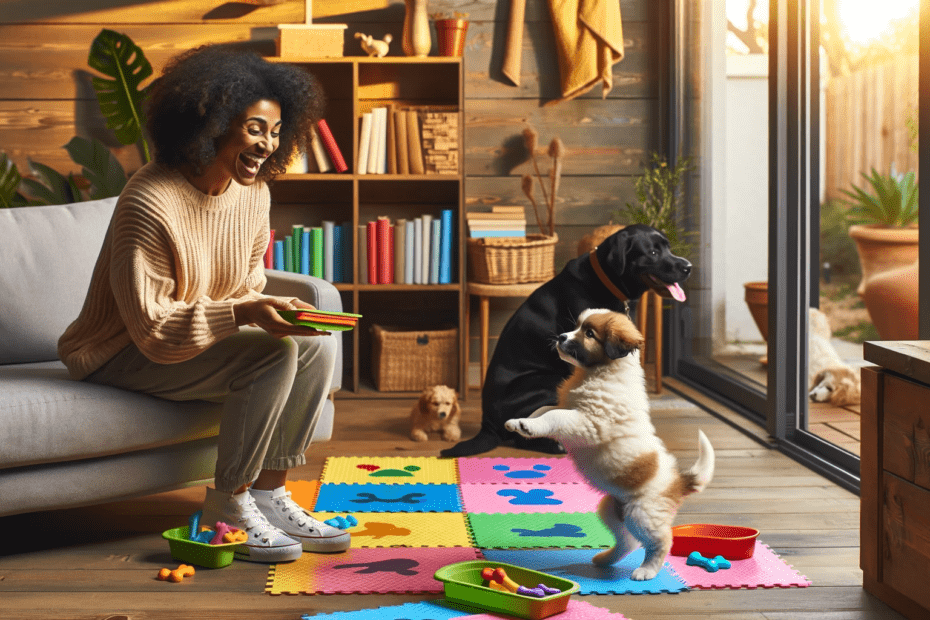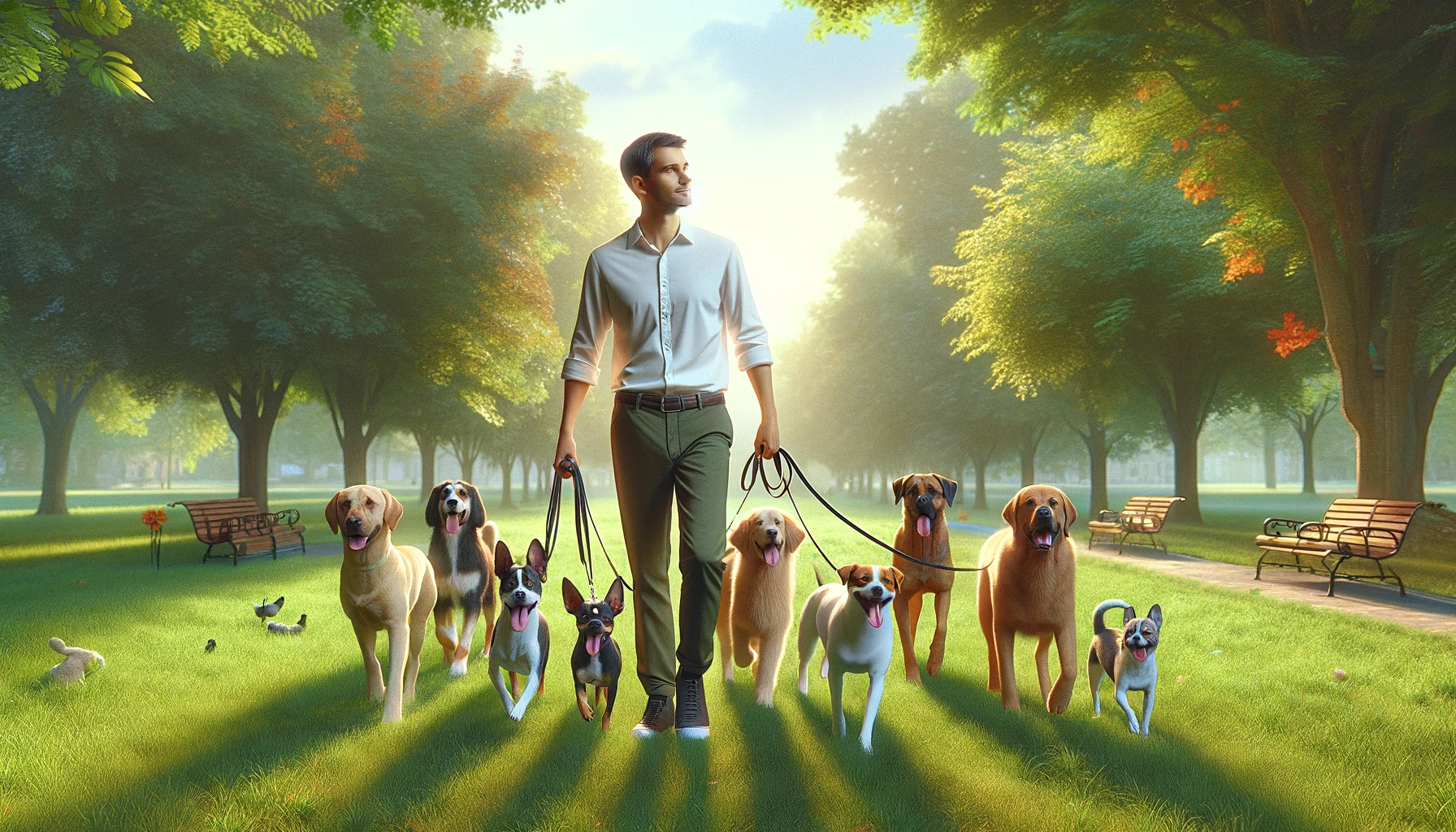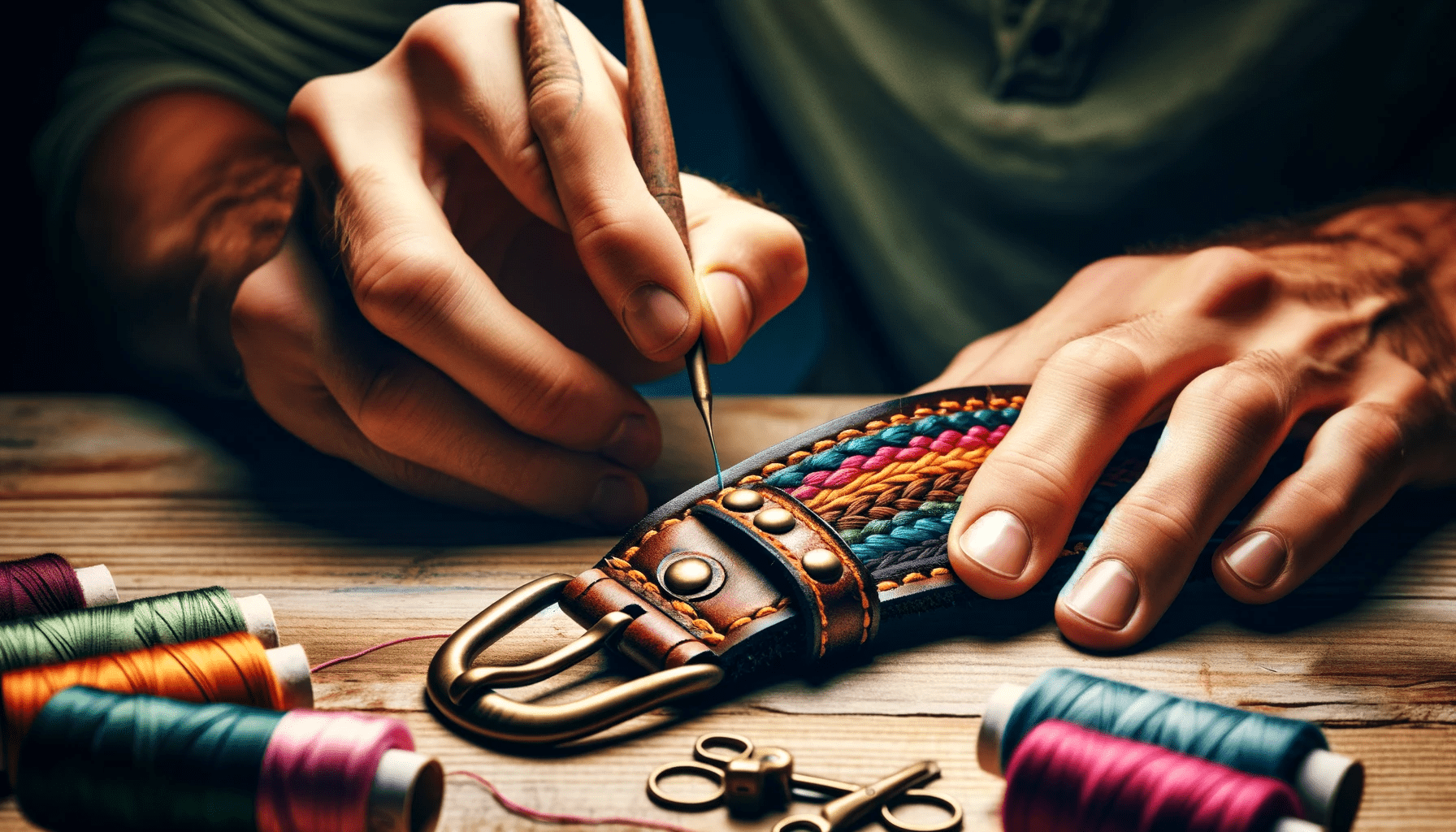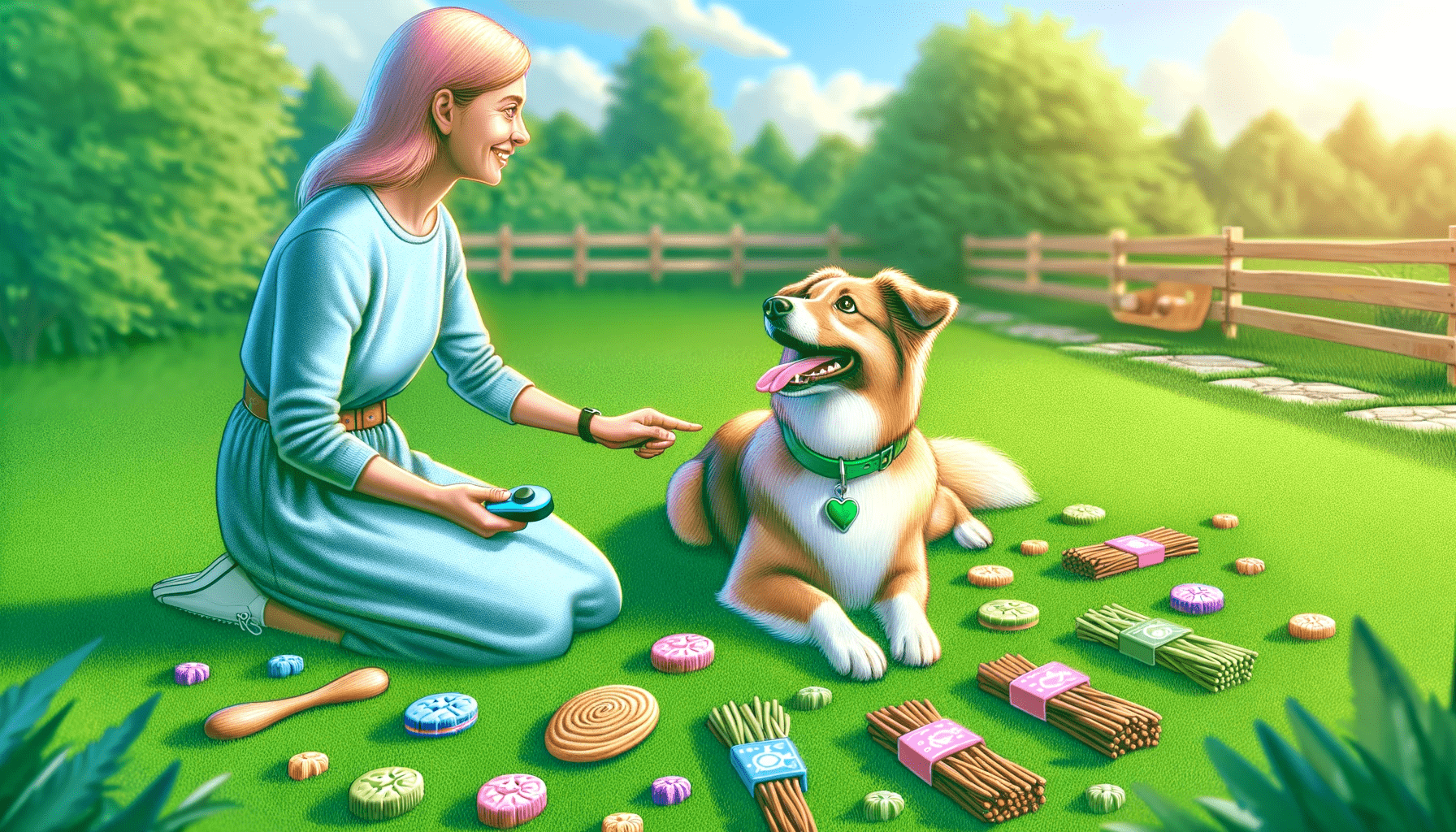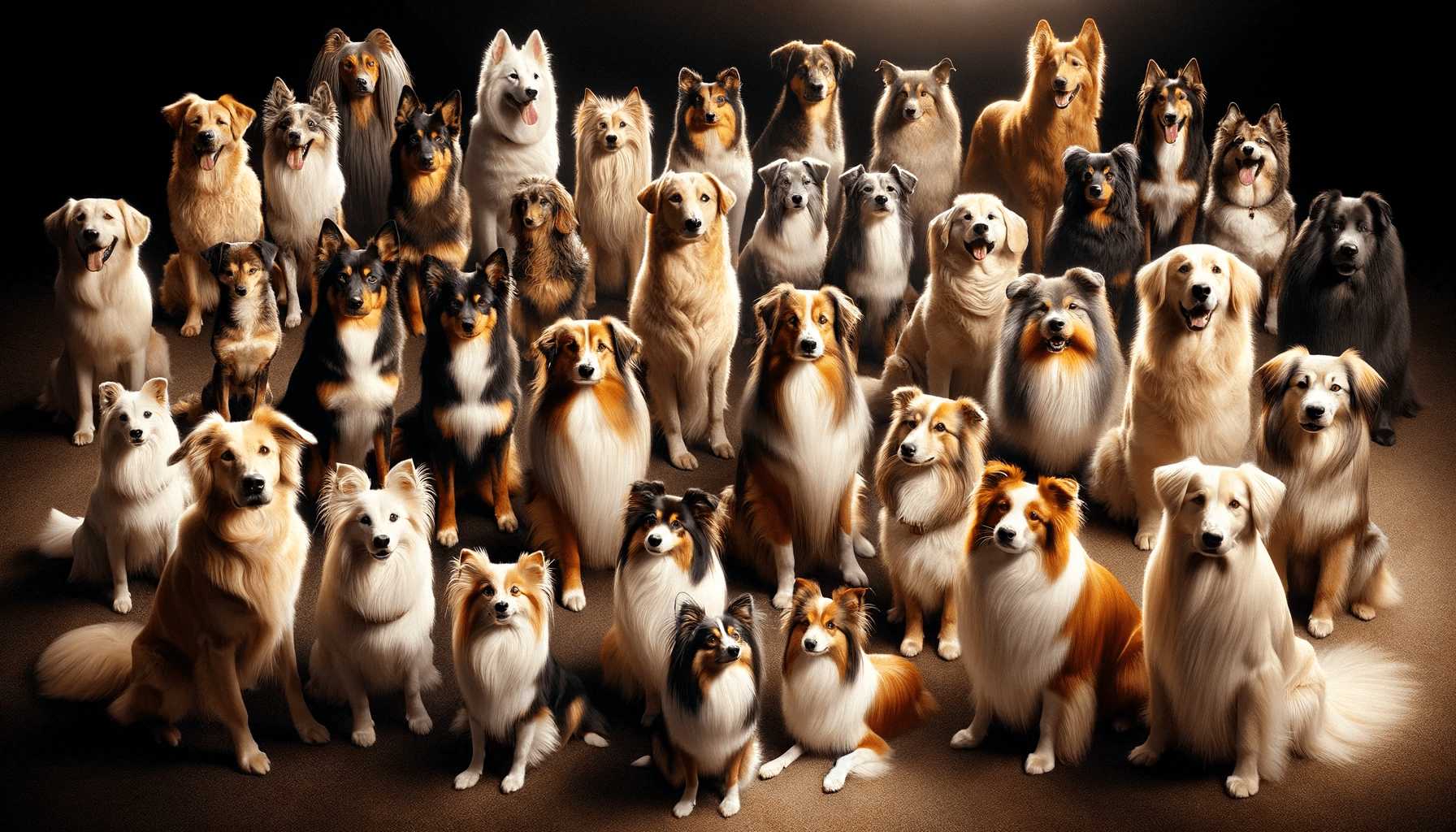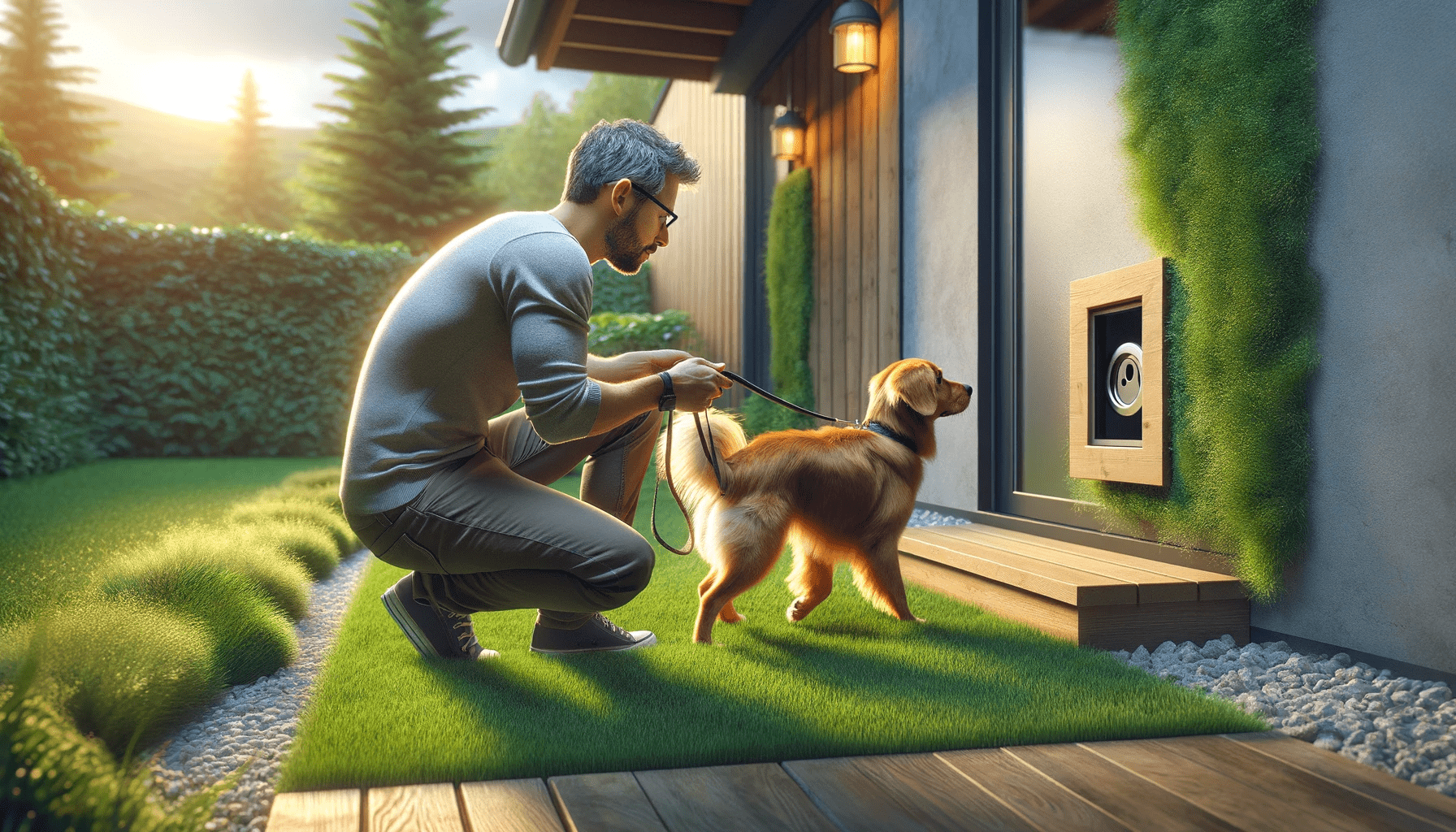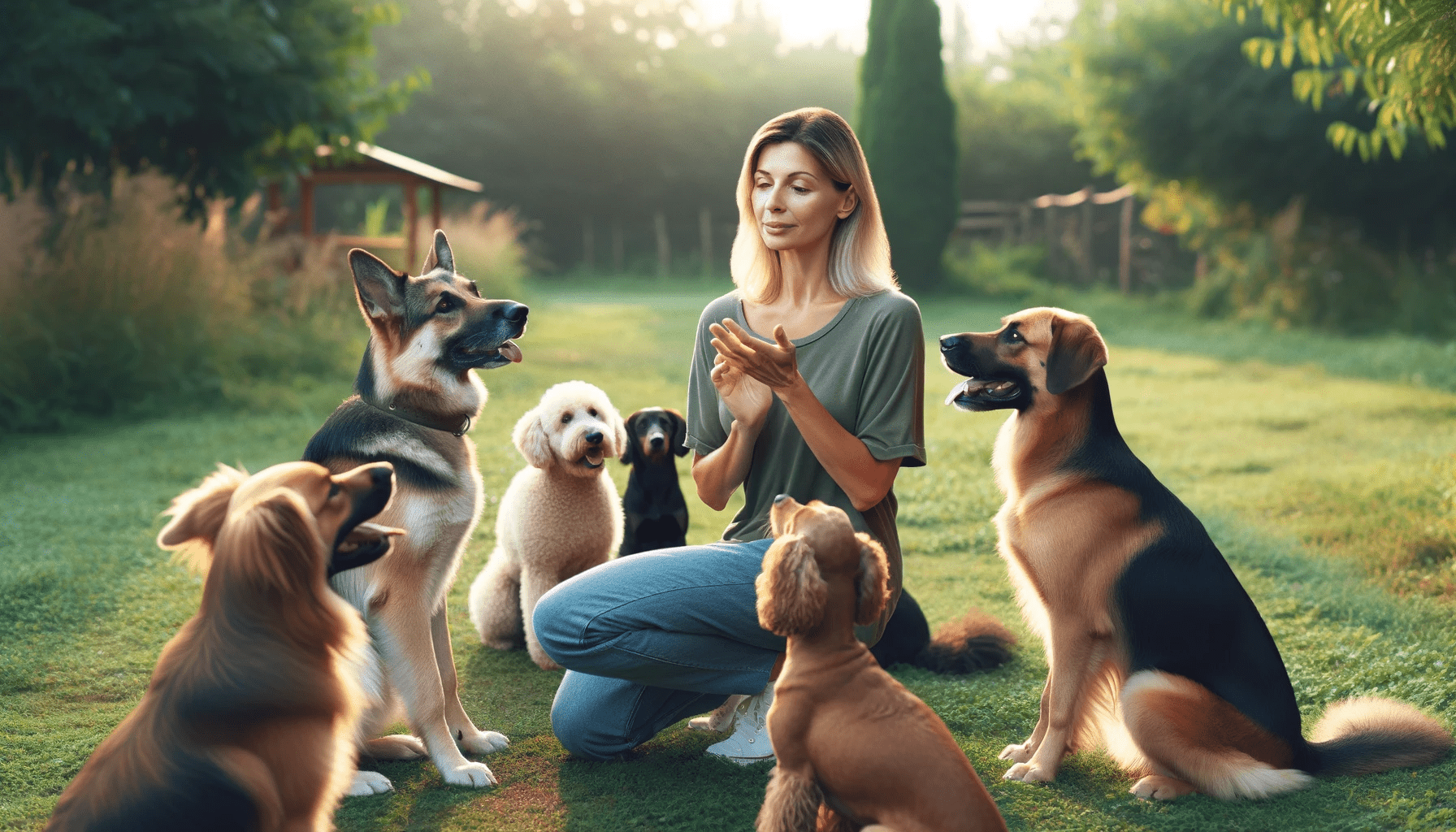Are you struggling with house training your new puppy? Look no further!
In this article, we'll share with you the 8 best tips to help you successfully house train your furry friend.
From establishing a routine to using positive reinforcement, we've got you covered.
With a little patience and persistence, you'll have a well-behaved and house-trained pup in no time.
Let's get started!
Key Takeaways
- Consistency in feeding and potty break times is crucial for house training
- Positive reinforcement, such as treats and praise, helps motivate puppies to repeat desired behavior
- Supervision and limiting access to certain areas of the house prevents accidents and redirects puppies to the appropriate spot
- Establishing a designated elimination area outside and crate training can help teach puppies where it's appropriate to eliminate and prevent accidents indoors.
Establish a Routine
To establish a routine for house training your puppy, begin by setting consistent feeding and potty break times. Creating a potty schedule is crucial in teaching your puppy where and when to eliminate.
Take your puppy outside to the designated potty area at the same times every day, such as after meals, naps, or playtime. This routine will help them understand that outside is the appropriate place to go potty.
Incorporating playtime into the routine is also important. After your puppy successfully eliminates outside, reward them with a short play session as a positive reinforcement. This will reinforce the idea that going outside leads to fun and playtime. However, avoid playing too long as it may distract your puppy from finishing their business.
Remember to supervise your puppy closely during playtime to prevent accidents indoors.
Use Positive Reinforcement
Once you have established a routine for house training your puppy, it's important to use positive reinforcement to encourage good behavior. Positive reinforcement techniques not only help your puppy learn faster but also strengthen the bond between you and your furry friend.
Here are some benefits of positive reinforcement:
- Builds trust: When you reward your puppy for doing something right, it shows them that you're pleased with their behavior. This helps build trust and a positive association with the training process.
- Increases motivation: Positive reinforcement motivates your puppy to repeat the desired behavior. By offering treats, praise, or playtime, you're giving them an incentive to continue behaving well.
- Reduces anxiety: Punishment-based training methods can cause fear and anxiety in puppies. Positive reinforcement, on the other hand, creates a safe and supportive learning environment, reducing stress and promoting a positive state of mind.
Using positive reinforcement techniques, such as giving treats, using verbal praise, or offering playtime as rewards, can make the house training process more enjoyable and effective for both you and your puppy. Remember to be consistent and patient, and soon your puppy will become a well-behaved member of your family.
Supervise and Limit Access
To effectively house train your puppy, it's crucial to supervise and limit their access to certain areas of your home. By keeping a close eye on them, you can prevent accidents and redirect them to the appropriate spot for elimination.
Managing their environment by closing off rooms or using baby gates can also help create a smaller space for them to navigate, making it easier for them to learn where they should and shouldn't go.
Effective Supervision Techniques
When supervising your puppy's house training, ensure that you're actively monitoring their activities and limiting their access to certain areas. Effective supervision techniques are crucial in preventing accidents and helping your puppy learn proper behavior.
Here are some tips to help you supervise your puppy effectively:
- Use baby gates or closed doors to restrict access to rooms with carpets or valuable items.
- Keep your puppy in sight at all times to catch any signs of needing to go potty.
- Use a leash to keep your puppy within your reach when you can't directly supervise them.
Managing Puppy's Environment
To effectively manage your puppy's environment and ensure their house training success, actively supervise and limit their access to certain areas.
One important aspect of managing your puppy's environment is crate training. A crate can serve as a safe and secure space for your puppy when you can't directly supervise them. It can also aid in potty training by teaching your puppy to hold their bladder and bowels until they're taken outside. When you're unable to supervise your puppy, confining them to a crate can prevent accidents and help establish a routine.
Additionally, limiting your puppy's access to certain areas of your home can prevent them from wandering off and having accidents in hidden corners. By actively supervising and strategically limiting your puppy's access, you can create a controlled and consistent environment that's conducive to successful potty training.
Set Up a Designated Elimination Area
Create an easily accessible designated elimination area for your puppy. This is an essential step in house training your furry friend. By setting up a designated area, you're teaching your puppy where it's appropriate to eliminate, which will help prevent accidents in the house.
Here are some tips to help you create an effective elimination area:
- Choose a spot outside that's easily accessible to your puppy. This will make it easier for them to understand where they should go.
- Use positive reinforcement and teaching commands to encourage your puppy to eliminate in the designated area. This could be as simple as saying 'Go potty!' or using a specific phrase or word.
- Consider crate training your puppy. This can help with house training by teaching them to hold their bladder and bowel movements until they're taken to the elimination area.
Be Consistent With Meal Times
To effectively house train your puppy, it's crucial to be consistent with their meal times. This means setting a clear schedule and establishing a routine quickly.
Set Clear Schedule
Establish a specific mealtime routine for your puppy to maintain consistency in their house training. By setting clear schedules for meal times, you create a structured environment that helps your puppy understand when and where they should go to relieve themselves.
Here are three important reasons why a set mealtime routine is crucial for effective puppy potty training:
- Routine promotes better digestion: Consistent meal times regulate your puppy's digestive system, making it easier for them to establish a regular bathroom schedule.
- Predictability reduces accidents: When your puppy knows when they'll be fed, they can anticipate when they'll need to go outside, reducing the chances of accidents indoors.
- Training becomes more manageable: A clear schedule allows you to plan training sessions around meal times, ensuring that your puppy is focused and receptive to learning.
Establish Routine Quickly
Establishing a consistent mealtime routine is key to quickly establishing a routine for your puppy's house training. By feeding your puppy at the same times every day, you can help regulate their bowel movements and make potty training easier. Consistency is crucial when it comes to house training, and meal times play a significant role in this process.
Having a set schedule for meals helps your puppy develop a predictable bathroom routine. When you feed them at regular intervals, you can anticipate when they'll need to go outside. This allows you to take them to their designated potty spot and reinforce the desired behavior.
Additionally, incorporating crate training benefits into your puppy's routine can further expedite the house training process. Crates provide a safe and secure space for your puppy when you can't supervise them. By using the crate consistently, you can prevent accidents and teach your puppy to hold their bladder and bowels until it's time for their scheduled bathroom breaks.
Stick to Regular Feeding
Stick to a regular feeding schedule to ensure consistency and effectiveness in your puppy's house training. Establishing a feeding routine won't only help your puppy understand when to expect food, but it will also regulate their digestion and bathroom habits.
Here are some reasons why sticking to a feeding schedule is important:
- Consistency: Feeding your puppy at the same time every day helps establish a routine, making it easier for them to anticipate when they'll eat.
- Portion Control: Following a regular feeding schedule allows you to control the amount of food your puppy consumes, preventing overeating and potential weight issues.
- Training Aid: Consistent meal times help you predict when your puppy will need to relieve themselves, making it easier to establish a bathroom routine.
Reward Successful Elimination
When your puppy successfully eliminates outside, it's important to immediately reward them with a treat or praise. This positive reinforcement helps them understand that going potty outside is the desired behavior. To effectively teach your puppy commands and reinforce good behavior, it's crucial to utilize praise and reward.
When your puppy eliminates in the designated spot, give them a treat or use verbal praise such as 'good job' or 'well done.' This immediate response helps your puppy associate the act of eliminating outside with positive reinforcement.
Using treats as rewards can be highly effective, especially in the early stages of house training. Choose small, tasty treats that your puppy loves, and give them one immediately after they successfully eliminate outside. This reinforces the connection between going potty in the right place and receiving a reward.
You can also use verbal praise in conjunction with treats to further reinforce the behavior. Be consistent and use the same command word each time your puppy eliminates, such as 'go potty' or 'do your business.' This helps them understand what's expected of them.
Handle Accidents Properly
To minimize setbacks, promptly address accidents by cleaning the area thoroughly and redirecting your puppy to the appropriate elimination spot. Accidents happen, especially during the early stages of house training. It's important to handle them properly to prevent your puppy from developing bad habits.
Here's what you need to do:
- Use the right cleaning products: When accidents occur, it's crucial to clean the area properly to remove any lingering scent that might attract your puppy back to the same spot. Avoid using ammonia-based cleaners, as they can resemble the smell of urine and may encourage your puppy to continue eliminating there. Instead, opt for enzymatic cleaners specifically designed for pet accidents.
- Reinforce the appropriate elimination spot: After cleaning up the accident, redirect your puppy to the designated elimination spot. Use positive reinforcement, such as treats or praise, to encourage your puppy to go there. Consistency is key in reinforcing this behavior.
- Consider potty training pads: If you're unable to take your puppy outside for elimination, potty training pads can be a useful tool. These absorbent pads are designed to mimic outdoor grass and can help teach your puppy to eliminate in a specific area indoors. Gradually move the pad closer to the door, eventually transitioning to outdoor elimination.
Patience and Persistence
Be patient and consistently reinforce positive behaviors as you train your puppy to eliminate in the appropriate spot. Developing self-control is an essential part of house training.
Puppies are naturally curious and energetic, so it may take time for them to understand where they should go to the bathroom. It's important to remain calm and patient during this process. When your puppy eliminates in the appropriate spot, reward them with praise and treats to reinforce their good behavior. This will help them associate going in the right spot with positive outcomes.
Building trust and a strong bond with your puppy is also crucial for successful house training. Spend quality time with your puppy, engaging in activities that they enjoy. This won't only help strengthen your bond, but it will also provide opportunities to observe their behavior and anticipate when they may need to go outside. By understanding your puppy's cues and body language, you can intervene before accidents happen.
Remember, house training takes time and persistence. Consistency is key. Stick to a regular schedule for feeding, playtime, and bathroom breaks. This will help your puppy establish a routine and learn when and where they should go to the bathroom.
With patience, persistence, and a loving approach, you can successfully train your puppy to eliminate in the appropriate spot and build a strong foundation for a lifetime of good habits.
Frequently Asked Questions
How Long Does It Usually Take to House Train a Puppy?
On average, it takes about 4-6 months to house train a puppy. The key is consistency and positive reinforcement. Establish a routine, take them outside frequently, and reward them for going in the designated spot.
What Should I Do if My Puppy Refuses to Eliminate in the Designated Area?
If your puppy refuses to eliminate in the designated area, don't worry! Dealing with stubborn puppies can be challenging, but there are effective training techniques for reluctant puppies. Stay patient, consistent, and positive in your approach.
Can I Use Punishment Techniques to Speed up the House Training Process?
No, punishment techniques should not be used to speed up the house training process for puppies. Instead, focus on using positive reinforcement methods consistently and patiently to effectively train your puppy.
Should I Restrict Water Intake to Prevent Accidents?
Restricting water intake is not recommended as a way to prevent puppy accidents. Instead, focus on consistent potty training, regular bathroom breaks, and positive reinforcement. This approach will lead to better results.
How Do I Handle Accidents That Occur When I'm Not at Home?
When accidents occur at home, clean the mess thoroughly to remove any lingering scent. Use puppy pads or create a designated area with newspapers. Consider crate training and gradually increase the time your puppy spends alone.
Conclusion
To successfully house train your puppy, there are several key techniques you should follow.
First, establishing a routine is crucial. This means taking your puppy outside at consistent intervals, such as after meals or naps, first thing in the morning, and before bed. Consistency will help your puppy understand when and where they should eliminate.
Second, positive reinforcement is essential. When your puppy eliminates outside, be sure to praise and reward them with treats or verbal praise. This will reinforce the behavior and encourage them to continue eliminating in the appropriate area.
Third, supervision is important. Keep a close eye on your puppy and limit their access to areas of the house where accidents can occur. This could mean using baby gates or crate training when you can't directly supervise them.
In addition to these techniques, designating a specific elimination area can be helpful. This will allow your puppy to associate that spot with eliminating and make the process easier for them to understand.
It's also important to handle accidents appropriately. If you catch your puppy in the act, interrupt them with a clap or a sharp noise, and then quickly take them outside to finish eliminating. Clean up accidents with an enzymatic cleaner to remove any lingering scent that could attract your puppy back to that spot.
Lastly, be patient and persistent. House training takes time and accidents are to be expected. Stay consistent with your routine and training methods, and eventually, your puppy will learn to eliminate outside.
By following these tips, you can ensure a well-trained and happy puppy in your home.
